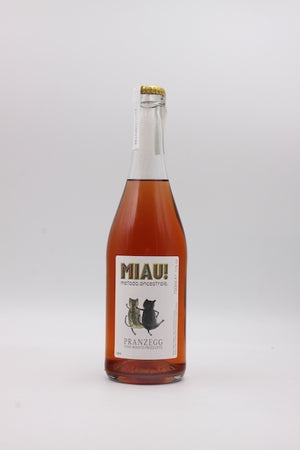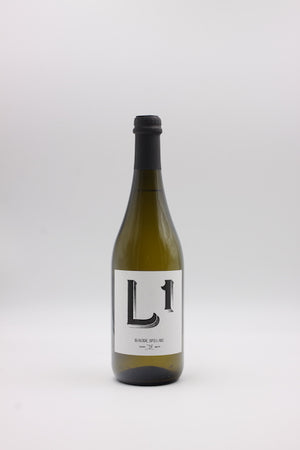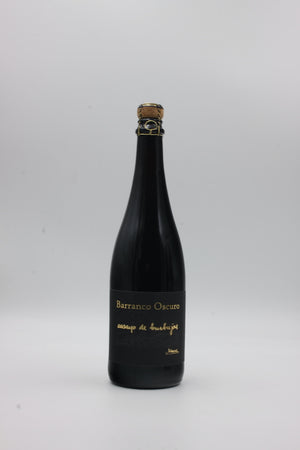- Home
- Podere Sottoilnoce, Saldalama 2023


Podere Sottoilnoce, Saldalama 2023
- €20,90
Saldalama serves as an ideal introduction to Max Brondolo's remarkable world of sparkling wines. It prepares you for his highly individual and intricate Frizzante while paying homage to Castelvetro di Modena, the heart of Modena's Lambrusco production. Except for Trebbiano di Spagna, all his grape varieties are represented here: Lambrusco di Grasparossa brings strength, dark fruit, and energy; Lambrusco di Sorbara adds elegance and acidity; Uva Tosca contributes freshness and bright red fruit; the rare Lambrusco Fioranese provides rusticity and backbone, and Trebbiano Modenese imparts bright fruit and delicate floral notes.
Max skillfully blends these five grapes into a harmonious whole. Each variety is vinified separately, aged for nine months in stainless steel tanks, carefully blended, and then undergoes natural secondary fermentation in the bottle using a sweet must from the same grapes. Staying true to regional tradition, none of his sparkling wines are disgorged.
Saldalama is precise, straightforward, and focused. It glides smoothly across the palate, offering an abundance of bright red fruit and subtle spice. Elegant, crystal-clear, and lively, it carries a restrained yet substantial presence that resonates long after the last sip.
Data Sheet
- Grape Varieties: Lambrusco Grasparossa, Lambrusco Sorbara, Lambrusco Fioranese, Uva Tosca, Trebbiano Modenese
- Vineyard: 15-year-old vines in a clay-soil vineyard in Castelvetro di Modena
- Harvest: Hand-picked
- Fermentation: Spontaneous | wild yeasts + natural secondary fermentation in the bottle
- Aging: 9 months in stainless steel tanks, followed by aging in the bottle
- Filtration: None
- SO₂: < 25 mg/l
- Alcohol Content: 12.5% vol.
- Closure: Crown cap
- Serving Temperature: 8-10°C
- Optimal Drinking Period: From now until 2028
- Content and Price per Liter: 0.75 l // €26.12
- Philosophy: All winemakers listed with Vinonudo use compost, organic fertilizers, and natural preparations in their vineyards, avoiding herbicides, pesticides, and synthetic fertilizers.
Similar Products
Newsletter
Who knows more, tastes more. Once a week there is news about our wines, winegrowers and events.
© 2025 vinonudo | Shopify Theme by Mile High Themes | Powered by Shopify







